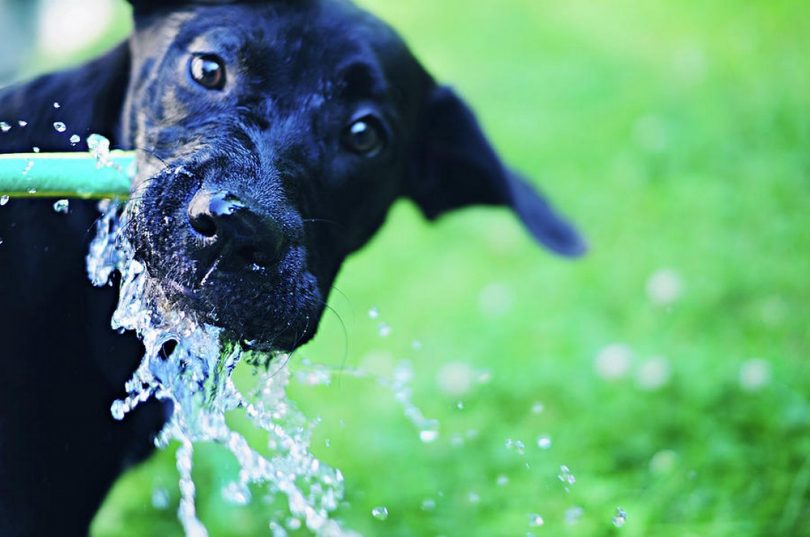As is the case with us, the kidneys of our pet need to maintain a set concentration of salt and water into the body and once this is disrupted several problems can occur. Let us find out what are the early signs of kidney failure in dogs because they can mean the difference between life and death for your beloved companion.
The Cause of Kidney Problems
The ingestion of toxins such as tainted food, antifreeze or various medications might lead to kidney failure and there are some medical conditions as well that could cause this. The decreased blood flow or oxygen delivery to the kidneys along with infections or urinary obstruction is the main causes for kidney failure.
There are some acute problems that can be treated but chronic kidney disease could also lead to such symptoms and this is more difficult to determine because it develops over a long period of time.
Dental diseases have some bacteria that when they enter the blood stream they can cause irreversible damage to the kidney as well as to the liver and heart, so you should take them very seriously.
Early Signs
Kidney failure is very serious and among the signs that you will first see are the pet’s change in how much water he consumes, the volume in urine produced also changes, there are signs of depression, the appetite is decreased and you might sense a chemical smell in their breath.
Further down the road the dog might start to vomit, will stumble and seem to move with difficulty, the urine will have signs of blood, the mouth presents ulcerations, the gums become pale and these problems combined will lead to weight loss.
Some breeds are prone to chronic renal failure such as the Samoyed, the Bull Terrier, the Cairn Terrier, German Shepherd and English Cocker Spaniel and it is really important to identify the problem from an early stage because then the treatment will be most effective.
Treatment
The vet will determine which is the right way to treat the problem depending on its cause but usual methods include fluid therapy, medicine that will improve the production of urine, the management of abnormalities in the blood electrolyte, dialysis or if the dog was poisoned then there is a specific therapy for each substance.
If the dog has chronic kidney failure you have to understand that this is a progressive disease if and you will have to monitor the progress with frequent check-ups to the vet to change the treatment when needed.







Leave a Comment